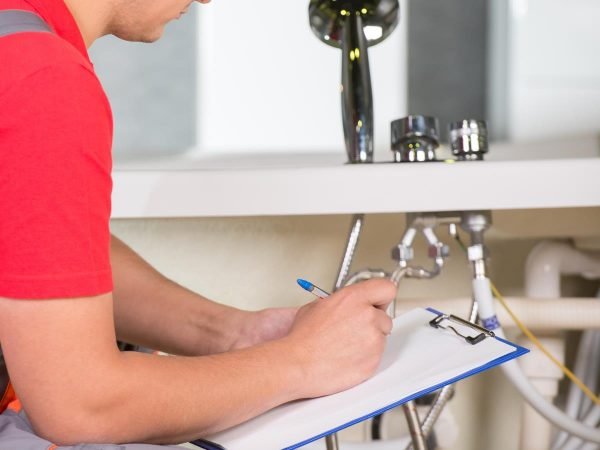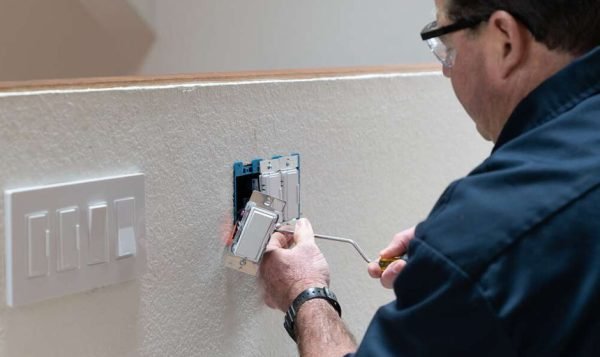Understanding the basic components of your home’s plumbing system, including how defective plumbing can affect a home’s foundation, is essential for maintaining a functional and comfortable living environment, notes Granite Foundation Repair Specialists. From ensuring a reliable water supply to efficient drainage, your plumbing system plays an important role in many of your everyday activities. Whether you’re struggling with a leaky tap or planning a bathroom renovation, having a basic understanding of how your plumbing works can save you time, money, and frustration in the long run.
Table of Contents
The Main Components of a Plumbing System
At the heart of your home’s plumbing system lies a network of pipes, fixtures, and appliances that work together to deliver water and remove waste. The main components include supply pipes, which bring fresh water into your home from the municipal water supply or a private well, and drainpipes, which carry wastewater away to the sewer system or a septic tank. In addition, fixtures such as sinks, toilets, showers, and bathtubs allow you to access and use water for various purposes.
Common Plumbing Issues and Their Causes
Despite the importance of a well-maintained plumbing system, issues can arise over time due to wear and tear, ageing pipes, or improper installation. Common plumbing problems include leaks, clogs, low water pressure, and pipe corrosion. Leaks can occur in pipes, taps, or fixtures, leading to water damage and increased water bills if left unaddressed. Clogs often result from the build-up of hair, grease, food particles, or foreign objects in drains and pipes, impeding the flow of water.
The Importance of Regular Maintenance
To prevent costly repairs and inconvenient disruptions to your daily routine, it’s crucial to invest in regular maintenance for your home’s plumbing system. Professional inspections by qualified plumbers, such as Castle Hill Plumbers, can help identify potential issues early on and address them before they escalate into major problems. In addition, simple tasks like cleaning aerators, checking for leaks, and insulating exposed pipes can improve the efficiency and longevity of your plumbing system.
Tips for DIY Plumbing Repairs
While some plumbing repairs require the expertise of a licensed plumber, there are several DIY tasks that homeowners can tackle themselves with the right tools and knowledge. Minor issues like dripping taps, running toilets, or slow drains can often be fixed without professional assistance. However, it’s essential to exercise caution and follow proper safety procedures to avoid causing further damage or injury. If you’re unsure about how to proceed, don’t hesitate to seek guidance from reputable sources or consult a qualified plumber.
Maintaining Your Home’s Plumbing System
So, to sum up, understanding your home’s plumbing system is essential for ensuring its proper functioning and longevity. By familiarising yourself with the main components, common issues, and maintenance practices, you can take proactive steps to keep your plumbing system in top condition. From scheduling routine inspections to addressing minor repairs promptly, investing time and effort into your plumbing can save you from headaches in the future. Remember, when in doubt, it’s always best to enlist the expertise of trusted plumbing professionals to handle all complex repairs and installations.





